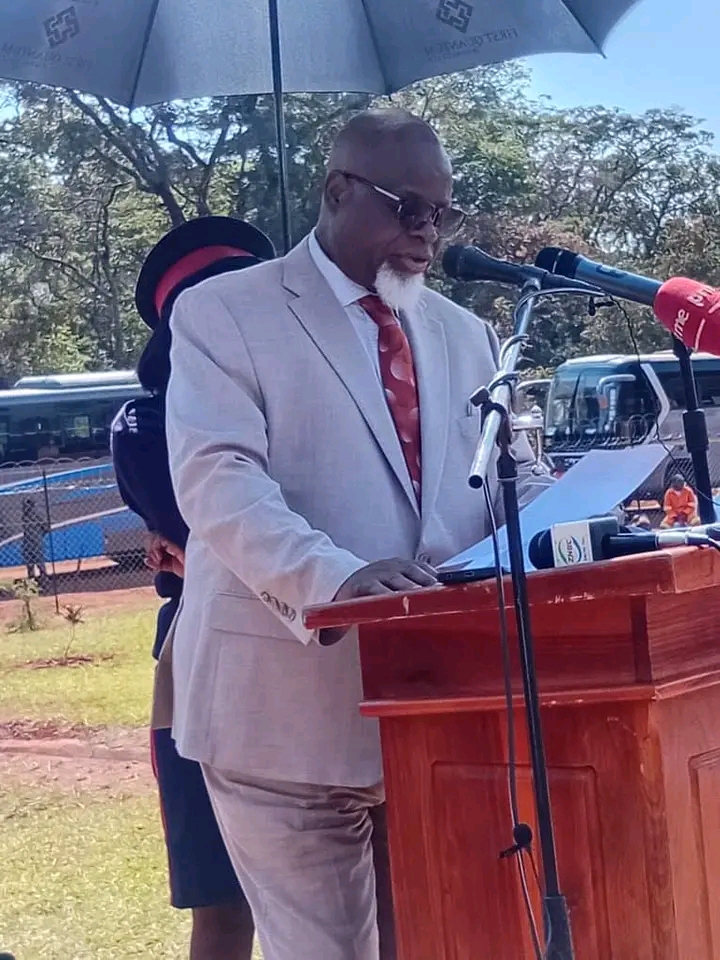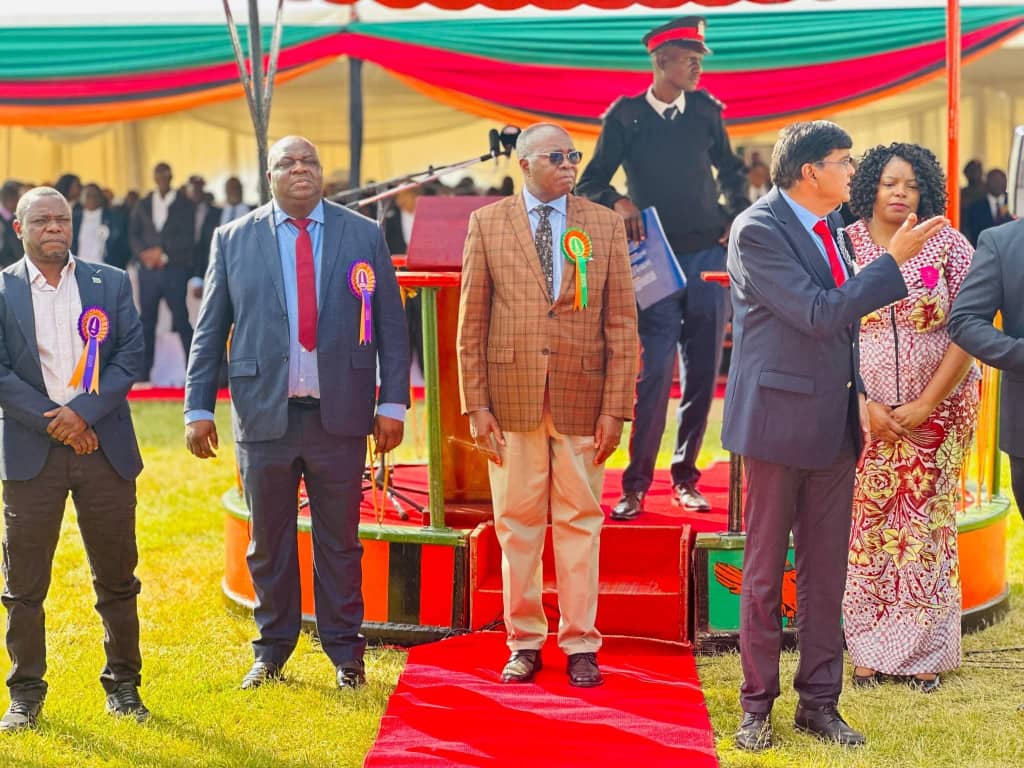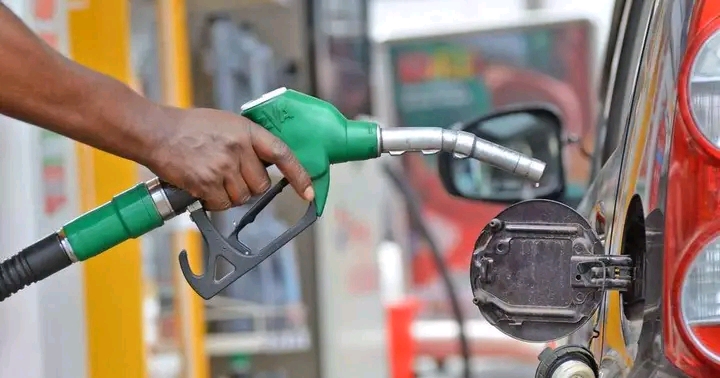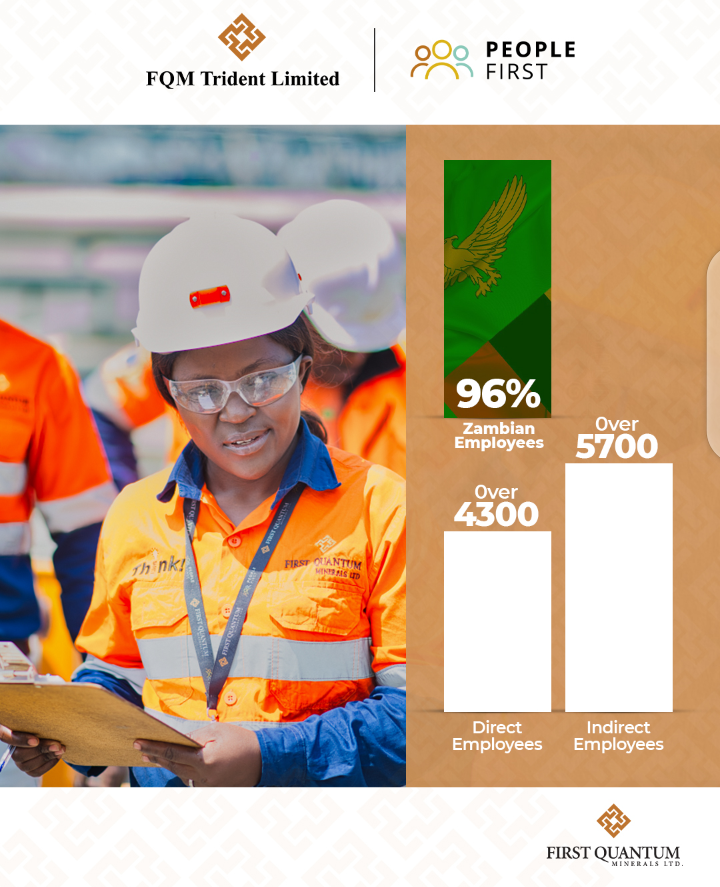PARLIAMENT yesterday approved a supplementary budget of K22.36billion to boost the 2022 National Budget of K173billion.
This was after Finance and National Planning, Minister Situmbeko Musokotwane moved a motion that the House resolve into a committee of supply to consider supplementary estimates Number one of 2022.
Among the members that supported the motion included Lunte Patriotic Front (PF) Member of Parliament (MP) Mutotwe Kafwaya, Kamfinsa PF MP Christopher Kang’ombe, Nalolo Independent MP, Imanga Wamunyima, Kawambwa PF MP Nickson Chilangwa and BwanaMkubwa Independent MP Warren Mwambazi, among others.
When Speaker of the National Assembly Nelly Mutti put the question, the House agreed in the affirmative.
And in moving the motion, Dr Musokotwane said K9.7 billion would be allocated towards arrear dismantling, with K3.3 billion allocated to suppliers and contractors.
He said K2.2 billion was for emergency road works, K1.8 billion towards the debt swap and K1 billion for fuel arrears.
Dr Musokotwane said K4.7billion was for the Fertilizer Input Support Programme, K612million to pay off Indeni Petroleum Refinery retrenchees.
He assured the House that the resources would be put to prudent use.
Earlier President Hakainde Hichilema announced that he had directed Dr Musokotwane to request Parliament to approve a supplementary budget of about K22 billion arising from financial prudence.
Mr Hichilema said this will make the 2022 budget circa K195 billion as opposed to K123 billion in the previous year.
He said in a Facebook post yesterday that the extra revenue would be used to increase funding towards the Fertiliser Support Programme, dismantle arrears owed to suppliers and contractors, payment of retirees and more road construction.
Mr Hichilema said the resources had been allocated to benefit the citizens and generate more revenue as opposed to lavish lifestyles in private jets, vehicles (VXs), and outright looting.
“I have instructed the Minister of Finance, Dr Musokotwane to request Parliament to approve a supplementary budget of about K22 billion arising from financial prudence.
This makes the 2022 budget circa K195bn as opposed to K123bn in the previous year.
Mr Hichilema emphasised that the Government had not borrowed but that the funds were a surplus.
Mr Hichilema said the country had resources, but what was missing was prudent management of resources.
He said he was hopeful that members of Parliament would support the supplementary budget.
Meanwhile, President Hichilema is tomorrow expected to commission the long awaited US$150 million Kafue Bulk Water Supply Project (KBWSP).
Ministry of Water Development and Sanitation public relations officer Tazzie Chayinda said in a statement yesterday that of the total project cost, the Government would contribute K225 million as counterpart funding while the bulk of the financing would be obtained from the Chinese government through EXIM Bank of China.
Mr Chayinda said Mr Hichilema had continued to mobilise both domestic and external resources to secure clean water supply and sanitation services through the water utility companies in the country.
He said once commissioned, the project was expected to put to end water and sanitation challenges in most parts of Lusaka and surrounding areas.
He said in a statement that the project would encompass a water treatment plant, 66 kilometre treated water main pipeline from Kafue to Lusaka and a booster pump station in Chilanga.
Mr Chayinda added that KBWSP was also expected to produce 50 million litres of treated water per day which would result in increased supply hours in Lusaka, Chongwe and surrounding areas.
He said the project would benefit mainly residents of Lusaka and would see the construction of a new raw water abstraction station on the Kafue River.
“The KBWSP is an indication that the government will continue to provide necessary support to the water sector as it focuses on achieving sustainable development goals and ensure a 100 percent access to both water and sanitation for the people of Zambia by the year 2030,” he said.
He noted that inadequate water supply and sanitation had been regarded as a constraint to the economic development of any country and thus the KBWSP was being one of the many interventions the Government was implementing to address the challenge of water supply in the country especially in Lusaka.








